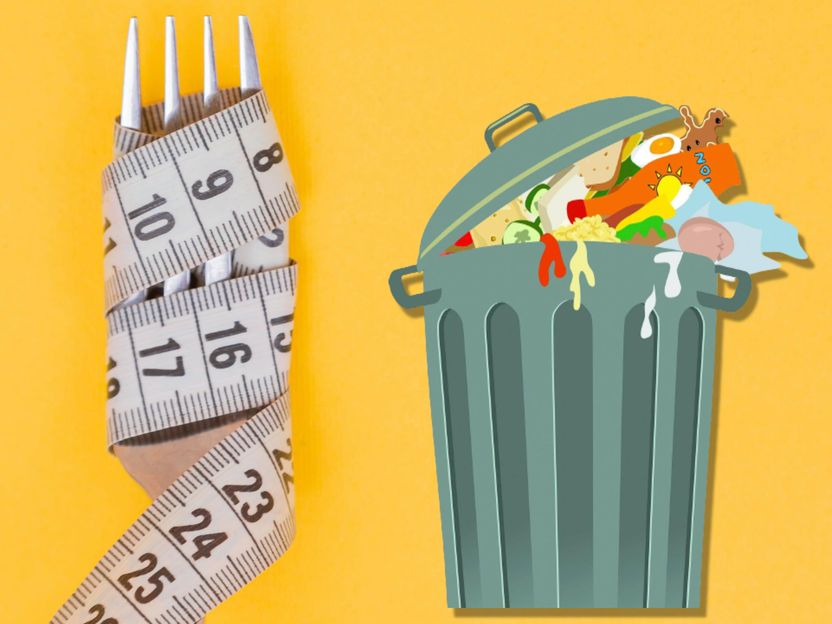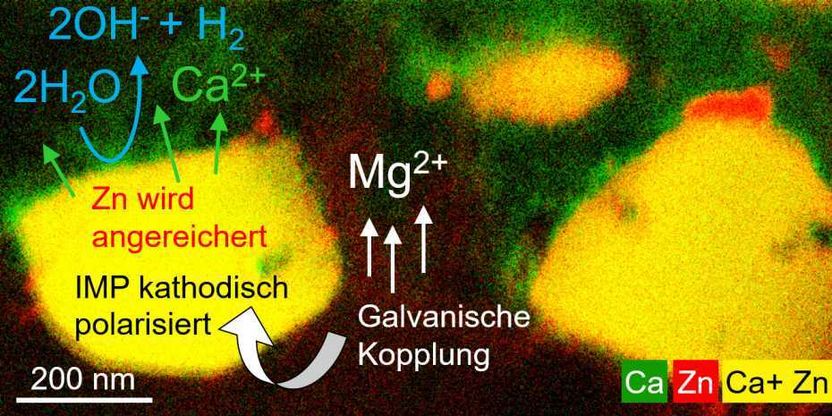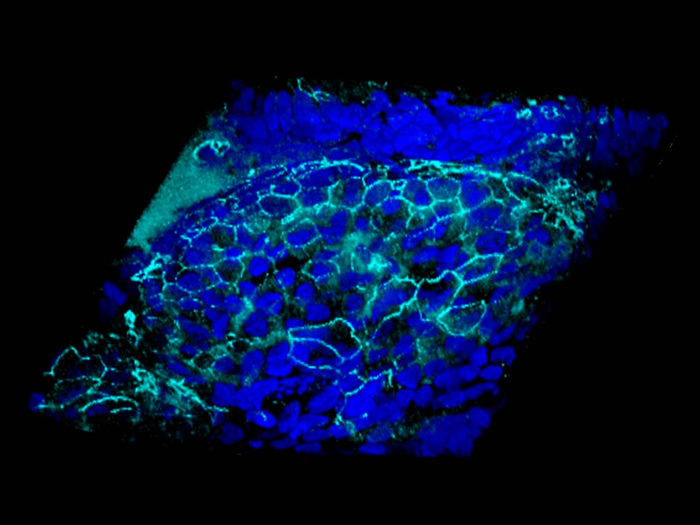Stress factor regulates obesity
Researchers find new link to cell's recycling system
For the first time, the Max Planck Institute of Psychiatry and the University Hospital Bonn have been able to directly link a stress factor in the brain to the cell's recycling system and obesity. This could enable a completely new approach to treat stress-induced metabolic diseases.

Symbolic image
Unsplash/pixabay.com
Researchers have long known that the protein FKBP51 is associated with depression and anxiety disorders. FKBP51 is involved in the regulation of the stress response system - if this is disturbed, mental illnesses can develop. The researchers at the Max Planck Institute (MPI) of Psychiatry and the University Hospital Bonn (UKB) have now discovered a surprising new role for this protein: it acts as a molecular link between the stress response system and metabolic processes in the body. The central mechanism is autophagy, the cellular waste recycling process.
“Autophagy is the cell's recycling program, which gets rid of old or damaged proteins. As such, it can counteract aging processes and - as we have now been able to show - reduce obesity," explains Nils Gassen, Head of the Neurohomeostasis Research Group at the UKB, one of the project leaders. Mathias Schmidt, Research Group Leader at the MPI of Psychiatry, adds: "The fact that the stress factor FKBP51 in the brain is a master regulator of autophagy and thus obesity reveals a number of new intervention possibilities, from pharmacological manipulation of FKBP51 to autophagy-inducing fasting diets or sports programs.”
Stress resilience for everyone
The possibilities opened up by the new findings are very diverse. Especially now, with the ongoing worldwide pandemic, it becomes clear how uncontrollable stress can affect our psyche and our body. Processes such as autophagy can be positively influenced by an active lifestyle and a healthy diet. Gassen and Schmidt are therefore planning further collaborations intended to provide concrete data on how each individual can increase their autophagy and thus their individual stress resilience.
Original publication
Other news from the department science

Get the life science industry in your inbox
By submitting this form you agree that LUMITOS AG will send you the newsletter(s) selected above by email. Your data will not be passed on to third parties. Your data will be stored and processed in accordance with our data protection regulations. LUMITOS may contact you by email for the purpose of advertising or market and opinion surveys. You can revoke your consent at any time without giving reasons to LUMITOS AG, Ernst-Augustin-Str. 2, 12489 Berlin, Germany or by e-mail at revoke@lumitos.com with effect for the future. In addition, each email contains a link to unsubscribe from the corresponding newsletter.
More news from our other portals
Last viewed contents

Lab supplies out of the 3D printer - LAUDA invests in Better Basics start-up

Monitoring the corrosion of bioresorbable magnesium - Better prediction of degradation rate of magnesium implants

Closer connection to nature may affect child's health via breastmilk - Green environments in residential areas impact the composition of sugar molecules in breastmilk

Cystic fibrosis: Restoring airway integrity - UNIGE team reveals that hydrating the surface of the airways of people with cystic fibrosis restores their protective barrier against unwanted bacteria
New screening technique paves the way for protein drugs from bacteria
Quotient Clinical and Bend Research Announce Collaboration To Accelerate Advancement of New Medicines
Merck Serono Commits € 1.2 million to the Grant for Fertility Innovation for 2015/16 - Globally, six projects receive funding from this grant cycle
Tracking real-time proton induced radiation chemistry in water
Whole-body PET scan with new imaging agent can locate hidden blood clots
Affibody and Agilent Technologies to Develop Robust Protein Sample






















































